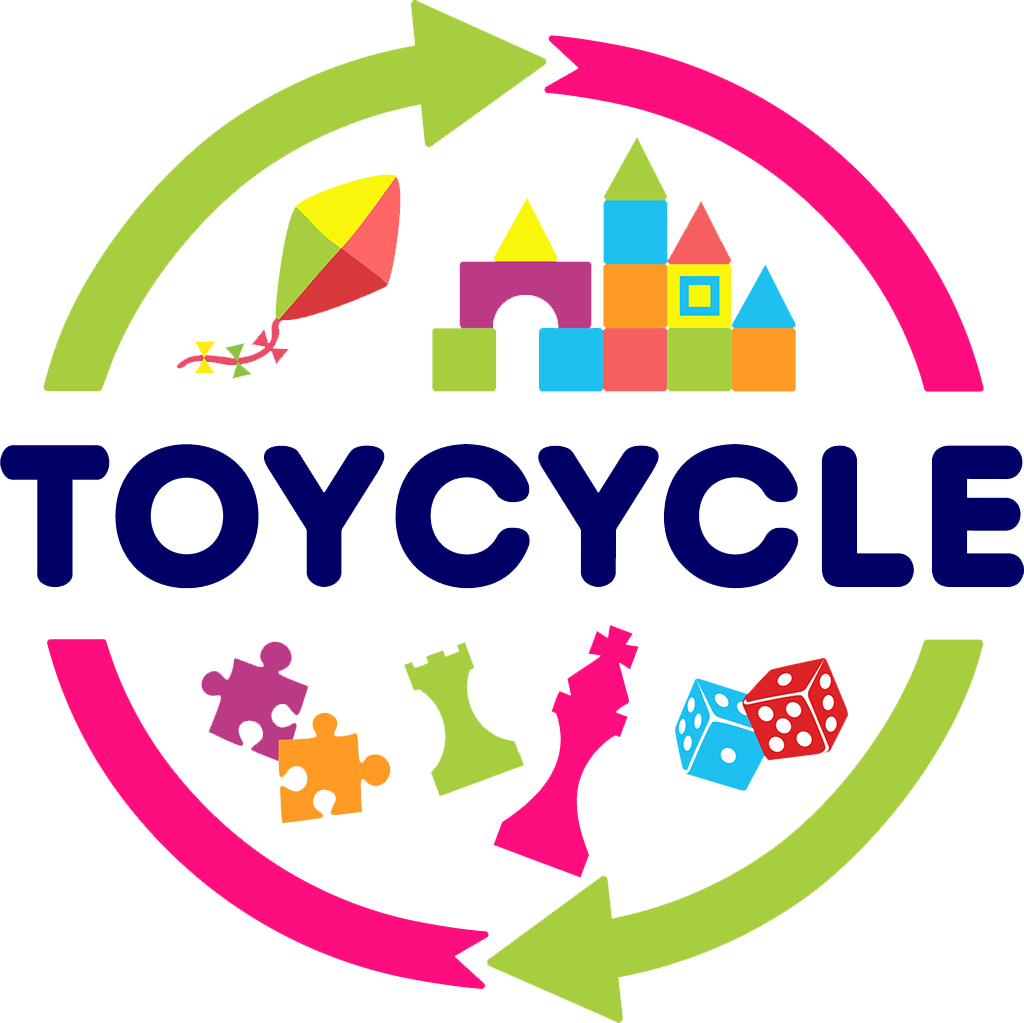While preschool is not strictly necessary to prepare for kindergarten, it can be beneficial for many children. The decision to send a child to preschool depends on various factors, including the child's individual needs, the family's circumstances, and educational goals. Preschool has been shown to positively impact a child’s overall development and future success.
What is the best age to start preschool?
The age at which children typically start preschool can vary depending on the country, region, and individual family preferences. In the US, the age at which children start preschool can range from as early as 2 years old to around 4 or 5 years old.
Note that preschool programs may offer different age groupings and options. Some preschools may have programs specifically designed for toddlers, while others focus on preparing children for kindergarten. Parents should consider their child's developmental readiness and individual circumstances when deciding on the appropriate age to start preschool.
Is it important to go to preschool?
While there isn’t any real consensus on this question, most studies suggest that preschool can play a vital role in a child's development by providing a well-rounded environment that supports social, emotional, cognitive, and academic growth. Preschool provides an early opportunity for children to interact with peers, which helps them learn essential social skills such as sharing, taking turns, and resolving conflicts. These skills are crucial for healthy social development.
Academic readiness and language development are other benefits of attending preschool. Preschool often includes early exposure to educational concepts like numbers, letters, shapes, and colors. And children have the chance to engage in conversations, listen to stories, and learn new words.
The Routine and Structure of a preschool environment can help children develop important time-management and organizational skills. And many preschool programs are designed to prepare children for the transition to kindergarten. They learn school readiness skills like following instructions, sitting still, and participating in group activities.
How do I prepare my child for preschool at home?
Preparing for preschool can be an exciting and important time for young children. Learning toys can play a significant role in helping children develop essential skills, both academically and socially. Here are some types of learning toys that can help prepare a child for preschool:
- Building Blocks: Blocks are a quintessential STEM toy. Building with blocks encourages discovery, design, problem-solving, creativity, and critical thinking skills. It also helps with fine motor skills, spatial awareness, and basic physics.
- Puzzles: Age-appropriate puzzles can improve cognitive skills, hand-eye coordination, and problem-solving abilities.
- Books: Reading to a child is one of the best ways to prepare them for preschool. Picture books with simple words and engaging stories can foster a love of reading and language development.
- Art Supplies: Crayons, markers, colored pencils, and paper allow children to explore creativity and fine motor skills. You can also consider washable paint for finger painting.
- Play-Dough or clay: Play-dough can help with tactile and fine motor skills. It's also a great tool for creative play and learning shapes and colors.
- Educational Games: Board games and card games designed for young children can teach concepts like taking turns, counting, and matching.
- Educational Apps: You may or may not want to go there at this age, but there are many educational apps and games available for tablets and smartphones that can help children with basic math, language skills, and problem-solving.
- Alphabet and Number Toys: Toys that help kids start to recognize letters and numbers can be especially beneficial for preschool readiness.
- Pretend Play Sets: Pretend or imaginative play is essential to you child's development. These types of toys can include play kitchens, doctor kits, or toolsets. They encourage imaginative play and can help children understand different roles and responsibilities. PlanToys is a great brand for pretend play.
- Building and Engineering Toys: Toys like LEGO Duplo or other building sets can improve spatial reasoning and problem-solving skills.
When selecting learning toys, consider your child's age, interests, and developmental stage. It's also important to balance structured learning with free playtime, as both are valuable for a child's overall development.
Moreover, spending quality time with your child and engaging in activities together is really one of the best ways to prepare them for preschool. So, relax and have fun. Kids learn through play. And most toys on the market today are designed with early learning in mind.
Learning Toys



